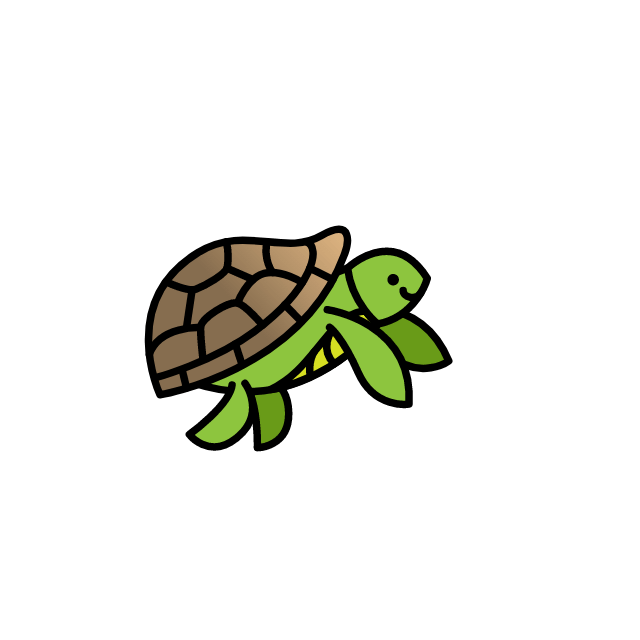SEA TURTLE SEASON- A UNIQUE TIME AT DESTIN WEST
This article is about what you can do to experience sea turtle season in Destin West. When the weather gets warmer, more and more people come to Destin for beach time. But there's another kind of animal you'll see on your beach walk too...sea turtles!
Sea turtles are animals that come ashore only for mating and laying eggs. They can only stay out of water for a short period of time. Turtles mate from late May to early August then lay eggs a few weeks later. Female turtles usually lay eggs in June or July.
1) When is turtle season?
The sea turtle season in Destin can range from April to November. However, it's more common for people to come across these beautiful creatures during July and August.
2) Where are turtles found?
Since Destin is located on Florida's Gulf Coast, many of these animals find their way into our waters. It is possible that they use navigation skills to find their way here for mating purposes, but we can't be sure.
3) Why does it seem like there are more turtles now?
One major reason we see so many of these sea creatures during turtle season is that they travel south with warmer weather as winter approaches. This journey usually starts around October and ends in March or April when they head back north again.
4) How to get involved?
Sea turtle season is during hurricane season, which typically lasts from June 1st to November 30th. Turtles can only lay eggs during these months and they usually lay their eggs in beaches close to where they were born.
As Florida gets warmer, female sea turtles crawl out of the water to build nests and lay eggs on the beach at night. Babies hatch some 60 days later and crawl back into the sea. Only an estimated one in 1,000 turtles survives to adulthood, according to the Sea Turtle Conservancy. Ensuring that we leave nothing but footprints on our white sand beaches will help ensure that these baby turtles survive the fragile nesting and hatching process.
“The majority of nesting in Florida occurs between May 1st and October 31st. According to Sea Turtle experts, the only reason for a sea turtle to come out of the water is to nest. However, experts add that approximately 50% of the time a female turtle returns to the Gulf without laying a nest. These are referred to as “false crawls.” She uses valuable energy needed for nesting—which is it is so very important to keep the beach DARK, CLEAN and FLAT.” - Old 98 Destin
Keep it DARK – It is important to minimize artificial beach lighting during the sea turtle nesting season. This applies particularly to condo lighting and visitors walking the beach at night with a bright headlamp.
Keep the beach CLEAN – Leave the beach as you found it or better! You don’t want our precious friends to get caught up in your trash, stopping them from laying eggs or returning to the Gulf
Keep it FLAT – Fill in your holes. It can trap momma sea turtles coming to nest and hatchlings trying to navigate their way to the water. This is probably one of the easiest ways to help out the turtles after a fun day on the beach.
It’s a crime in Florida to disturb sea turtle nests or harass turtles. Visitors should keep their distance, staying behind any turtle they might see, and must not shine lights in nesting areas, including flashlights, cellphone lights or camera lights. Some beaches turn off artificial lights to promote nesting activity. We want to ensure ALL of our beach visitors are safe and protected. Do your part and keep the beach DARK. CLEAN. and FLAT.
5) What do turtles eat?
Sea turtles are predators of mostly shellfish such as clams, mussels, oysters, crabs, and lobsters. They'll also eat octopus, squid, and jellyfish. It's not uncommon for them to feed on smaller fish too.
6) Where is the best place to go?
Every year around spring, thousands of Loggerhead Sea Turtles converge on Northwest Florida beaches to lay eggs--an event known as nesting season. It is important to note that not all females make it out alive--many are injured by boats, birds, or other predators while attempting to navigate inland waterways and nesting areas. With every nesting cycle comes another window of opportunity for human interference.
7) Where can I find more information?
We aren’t sea turtle experts but we do know where they are. Check out the Sea Turtle Conservancy

